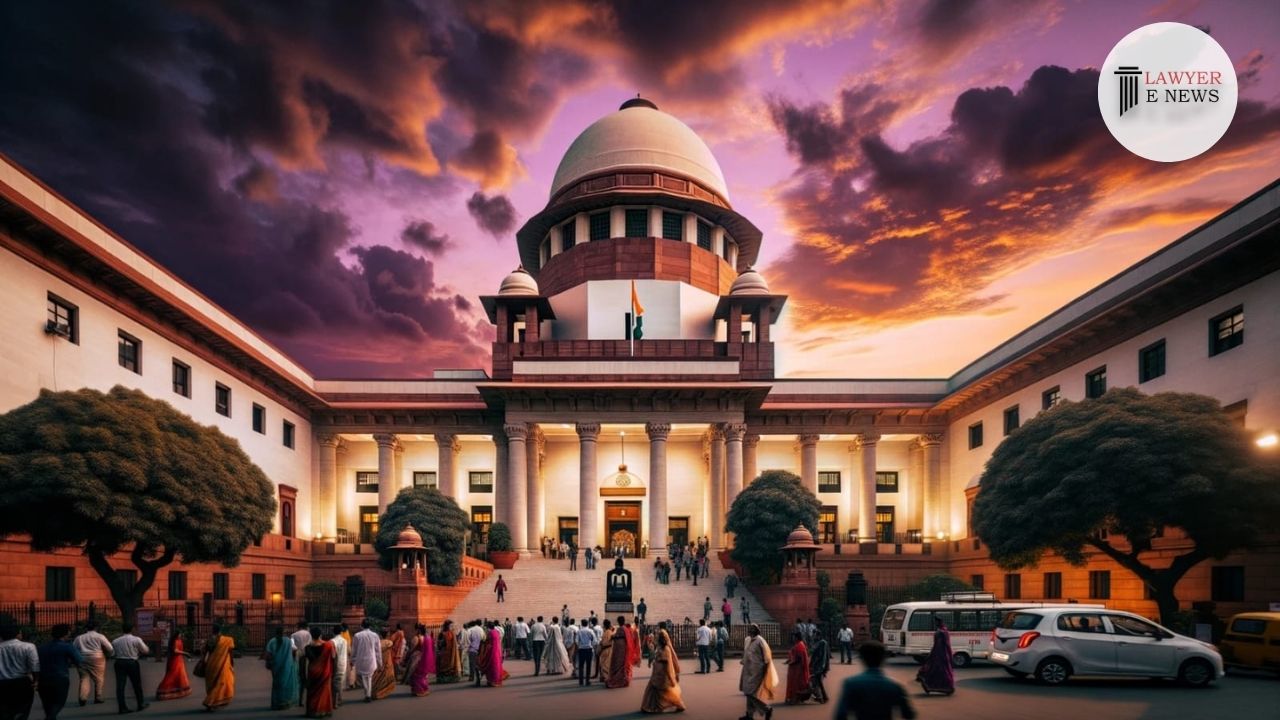-
by Admin
15 February 2026 5:35 AM



In a significant ruling, the Supreme Court of India has held that a vendor cannot be held liable for selling adulterated food if they have purchased the product from a manufacturer with a written warranty. The judgment came in Criminal Appeal No. 982 of 2023, arising out of S.L.P.(CRL.) No.8128/2016.
The case revolved around M/s Sri Mahavir Agency, a vendor accused of selling adulterated pan masala. The appellant was convicted and sentenced to six months of rigorous imprisonment by the Senior Municipal Magistrate in Calcutta. The conviction was upheld by the Additional District & Sessions Judge, Fast Track Court, Calcutta, in the subsequent appeal.
The central argument put forth by the appellant was that they were merely a vendor who purchased the pan masala from M/s Kothari Pouches Limited, the manufacturer, in sealed packaged condition and sold it to their customers. The appellant contended that they were protected under Section 19(2) of the Prevention of Food Adulteration Act, 1954, as they had a written warranty from the manufacturer regarding the nature and quality of the product.
However, the respondents argued that the samples of pan masala collected from the buyer's premises were found to be adulterated. They contended that the appellant should not be allowed to escape liability on technical grounds and pointed out that there was no evidence of a warranty provided by the appellant.
The Supreme Court, in its judgment delivered by Justice Rajesh Bindal, examined the relevant provisions of the Act, including Sections 14 and 19. Section 14 mandates manufacturers, distributors, and dealers to provide a written warranty about the nature and quality of the food article to the vendor. The warranty can be in the form of a bill, cash memorandum, or invoice. Section 19(2)(a) provides a defense for vendors who can prove that they purchased the article of food from a manufacturer, distributor, or dealer with a written warranty in the prescribed form.
After considering the arguments and provisions, the Court held that the appellant had a valid defense under Section 19(2)(a) as they had purchased the pan masala with a written warranty. The Court referred to the case of Mangaldas Raghavji Ruparel and another v. State of Maharashtra State, which defined a "vendor" as a person who has sold the article of food alleged to be adulterated. Based on this definition, the Court concluded that the appellant qualified as a vendor.
Supreme Court allowed the appeal, setting aside the conviction and sentence of the appellant.
Date: April 17, 2023
M/s SRI MAHAVIR AGENCY vs THE STATE OF WEST BENGAL
